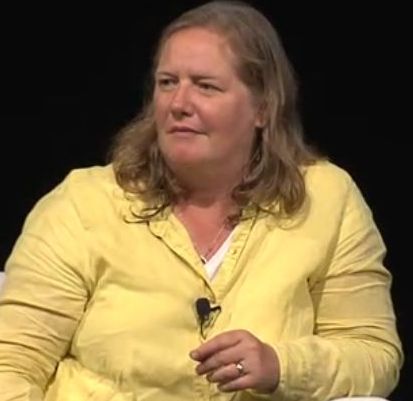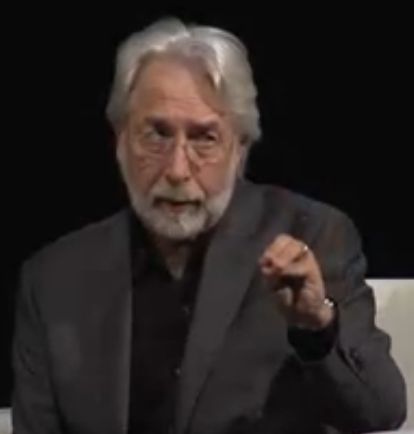Inside Google’s Vision for News: Highlights from ONA 2015
ONA 2015 kicked off with what it billed as “A Deep Dive into Google with Richard Gingras & Emily Bell”. Google is usually the elephant in the room when it comes to newsroom transformation so it was great to see the spotlight on the elephant for a change. Emily Bell (@emilybell) is an excellent choice of ringmaster too.
Back in her days as a Guardian journalist I particularly enjoyed watching Emily maul the then editor of a rival paper who had the temerity to declare his website 'the UK leader'. Her refusal to accept such blithe statements backed by a firm understanding of metrics has proved typical so it made for a good pairing.
The nature of keynotes however meant that it was never truly going to be a 'deep dive' but the presence of Bell ensured that neither was it the 'fireside chat' that Gingras said he had been told to expect.
If you've never heard of Gingras (@richardgingras) he is well worth the price of admission for his take on the intersection of technology and news. He rejoices in making mistakes, and delights in quoting Martha from Who's afraid of Virgina Woolf and her admiration of his ability to learn the rules of the 'game' as fast as she can make them up.
Learning the rules as fast as they can be made up is how Gingras sees the new media landscape.
Bell pointed out that when it came to making up new rules Google leads the field having abandoned its pretence of being an external witness to publishing and reinventing itself instead as a player and a potent one at that given its influence in search and Google News. The conversation moved to the issue of trust and Google's bid to include trustworthiness and credibility as a factor in its algorithms.
“It's a slippery metric is trust” noted Bell whilst also pointing out that a lot of the trust that newsrooms invest in comes from putting journalists in the field and in harm's way – not something that's part of life for Google and much of the content it helps surface.

Gingras countered with a bit of real-world observation that where countries have tried to limit that, such as Spain's proposed tax on Google links, the publishers, and particularly the smaller publishers are the ones worst hit when Google retires from the fray.
Given that we are all small publishers now, it was an excellent point, even if not the most palatable one.
He also made the point that publishing persists in seeing “the atomic unit of content as being the article....but discovery is all the other platforms - messaging apps, google, everything and as a publisher I need all of them because I need to build audiences.”

Since Google isn't going to go away anytime soon then everyone in publishing (and that's a lot of people who aren't traditional publishers) needs to work with it.
And Gingras is right that we need to look beyond the article and embrace the whole ecosystem of discovery media if we are to thrive in this game where the rules change as fast as we can learn them.
Looking for an editorial management tool to streamline the workflows of your newsroom?
For an idea what Kordiam could do for you and your team, read more here.

